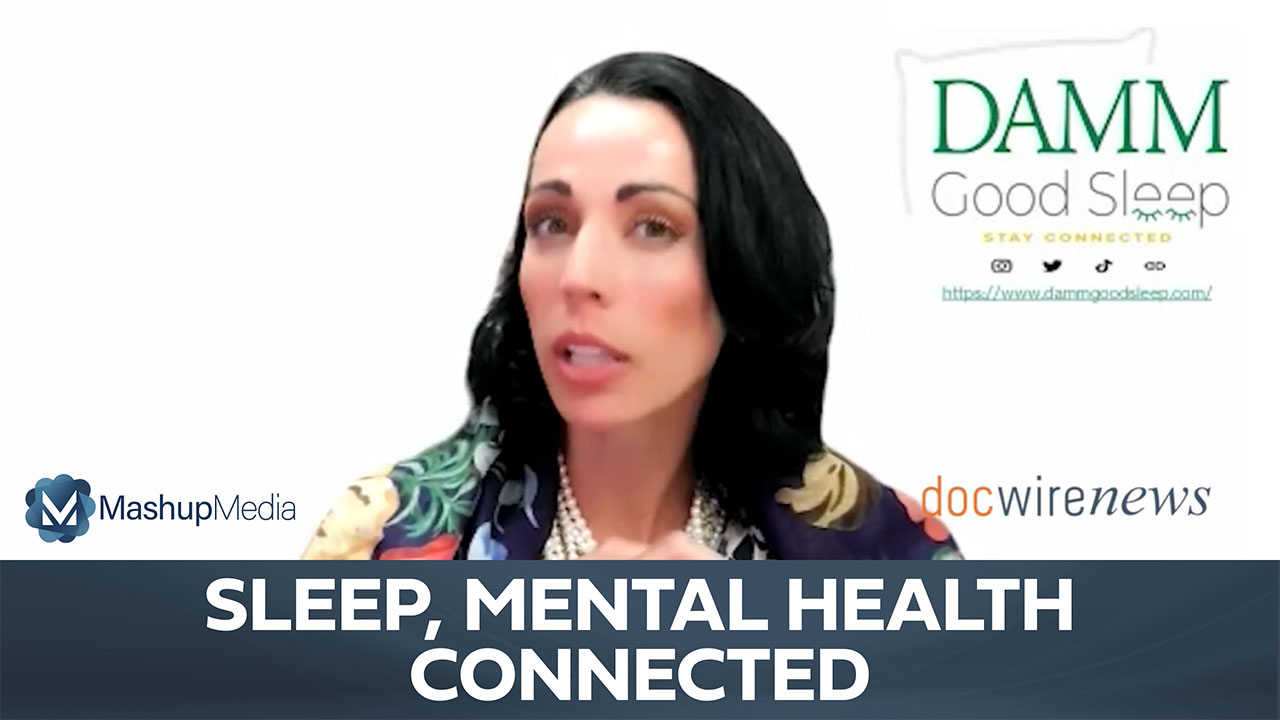
People are far more likely to be diagnosed with anxiety, depression, and suicidal behaviors in the first year following hospitalization with heart disease, stroke, or other cardiovascular diseases (CVD), according to a study published in the Journal of the American Heart Association.
To conduct this study, researchers reviewed the records of the UK Biobank to compare almost 64,000 adults (64% men; average age, 63 years) hospitalized with cardiovascular disease or stroke between 1997 and 2020. In addition, nearly 128,000 adults were matched for gender, age, and the presence of other serious illness. Subsequently, the researchers compared the diagnosis of any psychiatric disorder (including anxiety, depression, substance misuse, or psychotic disorder) or suicide attempt after the date of CVD hospitalization.
The findings showed:
- People were 83% more likely to be diagnosed with a psychiatric disorder within 1 year of hospital admission for CVD, as opposed to individuals free of CVD, psychiatric disorders, or suicide attempts.
- Patients hospitalized for CVD were 24% more likely to be diagnosed with a psychiatric disorder up to nearly 8 years later, compared with people without CVD.
- The largest mental health increases in risk were for anxiety, depression, and suicide behaviors, such as self-harm or suicide attempts.
- Patients hospitalized for stroke or other forms of cerebrovascular disease had a more than 3 times higher risk of any psychiatric disorder and suicide attempt within 1 year of hospitalization and an almost 50% increased risk after 1 year.
“This study’s findings confirm that after a [CVD] diagnosis and/or hospitalization, patients are at increased risk for mental health conditions; therefore, mental health screening and early intervention are crucial,” said Mariell Jessup, MD, FAHA, chief science and medical officer of the American Heart Association, via a press release. “It’s also critical for patients, family members, loved ones, or caregivers to share any changes that may signal depression, anxiety, or potential for suicidal behaviors with the health care team. Mental health, biological health, physiological health, and physical health are inextricably intertwined. And, as detailed in our 2023 guideline on chronic coronary disease and 2 other scientific statements, routine screening and referrals for mental health care and management should be considered for most patients with [CVD].”







 © 2025 Mashup Media, LLC, a Formedics Property. All Rights Reserved.
© 2025 Mashup Media, LLC, a Formedics Property. All Rights Reserved.